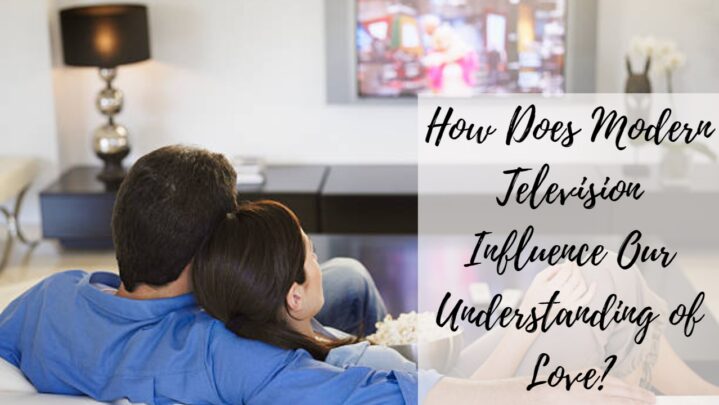Love is a complicated and multidimensional feeling, and the way it is portrayed in contemporary television reflects the progression of cultural conventions and ideals.
Modern television has a huge impact on our sense of love by molding our expectations of romantic relationships. Television programs frequently depict romanticized portrayals of love, with people experiencing tremendous passion and romance, overcoming challenges, and living happily ever after. Unfortunately, this can create unrealistic expectations in viewers, which can lead to disappointment and disillusionment when real-life relationships do not live up to the heightened emotions and expensive gestures depicted on film.
Furthermore, television typically portrays a narrow and confined perspective of love, emphasizing romantic love as the ultimate goal. This may result in the exclusion of other sorts of love, such as familial, spiritual, and self-love, which are all as important and essential.
Furthermore, modern media can propagate damaging stereotypes and gender norms, distorting our sense of love even further. For example, women are generally shown as emotional and caring, while males are portrayed as stern and unemotional, supporting conventional gender norms and fostering toxic masculinity.
Television, on the other hand, can have a good influence on our perception of love. TV Shows that depict healthy, courteous and communicative relationships can serve as role models for viewers by emphasizing the value of empathy, understanding, and mutual respect in all relationships.





